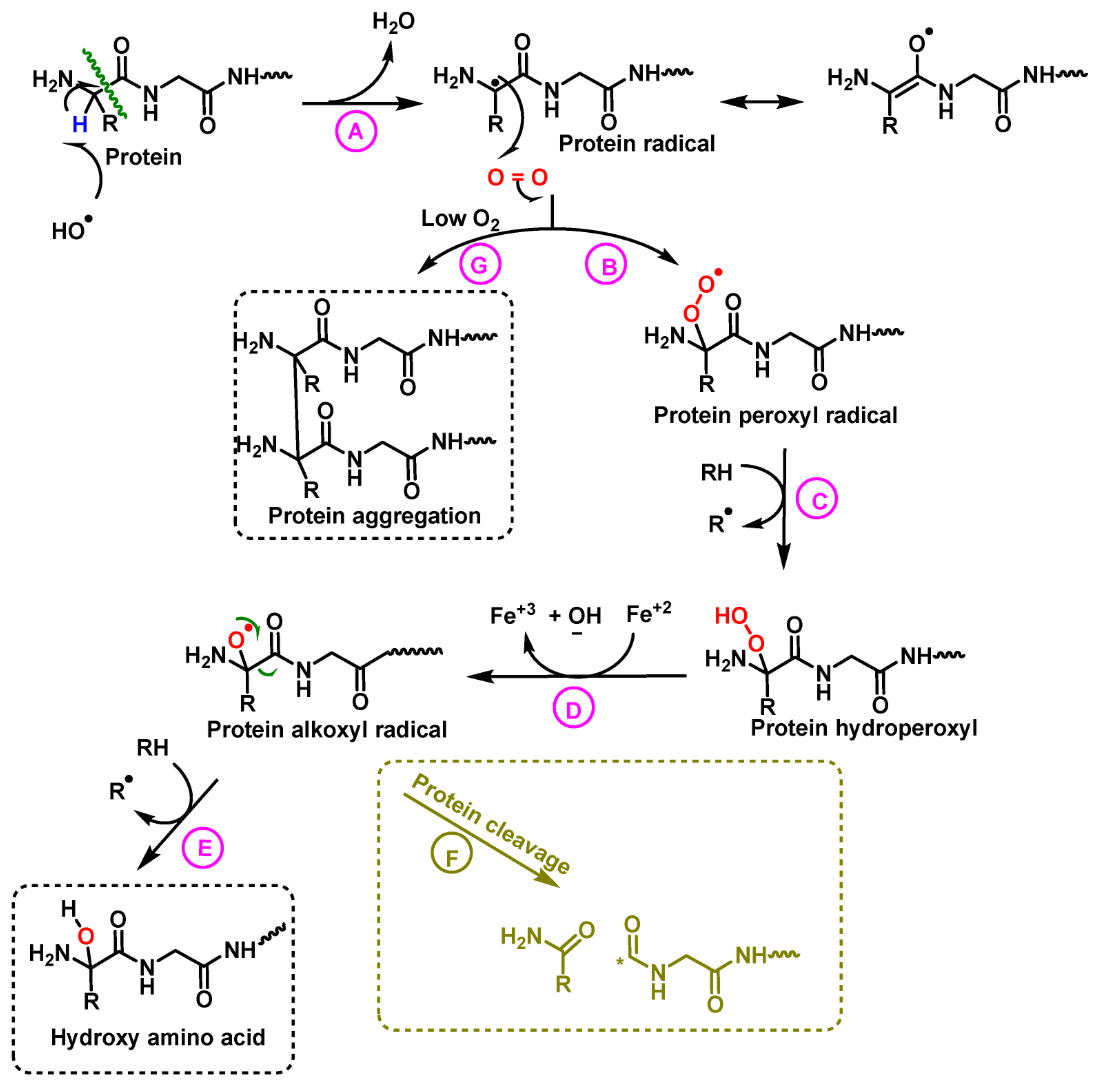Hydroxylation Analysis Service
Hydroxylation is a critical post-translational modification that regulates protein stability, conformation, and biological activity. This modification plays central roles in diverse cellular processes, including oxygen sensing, collagen maturation, metabolic regulation, and signaling dynamics. To support mechanistic studies and system-level investigations, MtoZ Biolabs offers a comprehensive Hydroxylation Analysis Service integrating LC–MS/MS, chromatographic separation, and optional NMR-based structural evaluation.
1. Target Protein Hydroxylation Analysis
For research focused on individual proteins, MtoZ Biolabs provides targeted hydroxylation analysis to identify modified residues, quantify hydroxylation levels, and assess structural or functional consequences. High-resolution LC–MS/MS enables site-specific characterization of hydroxylated proline, lysine, or asparagine, while complementary NMR or chromatographic techniques can support detailed conformational assessment when required.
2. Hydroxylation Proteomics Analysis
For broader discovery-driven studies, our hydroxylation proteomics workflow offers proteome-wide mapping of hydroxylated peptides across complex biological samples. Through high-throughput LC–MS/MS acquisition, optimized separation strategies, and integrated bioinformatics, we provide global identification, quantitative comparison, and pathway-level interpretation of hydroxylation events relevant to collagen biology, hypoxia signaling, metabolic pathways, and disease mechanisms.
What is Hydroxylation?
Protein hydroxylation is catalyzed by a family of oxygen- and iron-dependent enzymes, including prolyl hydroxylases, lysyl hydroxylases, and asparaginyl hydroxylases. These enzymes utilize molecular oxygen, Fe2+, and cofactors such as α-ketoglutarate to hydroxylate specific amino acid residues. Proline hydroxylation is best known for its role in collagen biosynthesis, where hydroxyproline stabilizes the triple helix and ensures mechanical resilience of connective tissues. Lysine hydroxylation, particularly in collagen, provides functional groups for glycosylation and serves as precursors for intermolecular cross-links, directly contributing to tissue integrity. Asparagine hydroxylation is a key regulator of hypoxia-inducible factors (HIFs), modulating oxygen-dependent transcriptional responses and cellular adaptation to hypoxic stress.

Andrés, C. M. C. et al. Int J Mol Sci. 2022.
Figure 1. Mechanism of Protein Hydroxylation
Hydroxylation is thus a versatile modification that impacts protein structure, enzyme regulation, signal transduction, and disease pathogenesis. Aberrant hydroxylation patterns are implicated in fibrosis, cancer, cardiovascular disease, and genetic connective tissue disorders. Accurate profiling of hydroxylation events is therefore critical for both basic biological research and clinical applications.
Analysis Workflow

Sample Submission Suggestions

Sample Preservation: All biological samples should be stored at -80°C prior to shipment. Lyophilization of purified proteins is acceptable.
Shipping Conditions: Ship frozen samples on dry ice using sealed, clearly labeled containers. Lyophilized samples may be shipped at room temperature but should be well protected from moisture.
For other sample types, please contact us in advance for tailored preparation guidance.
Service Advantages
✅ Precision: High-resolution mass spectrometry ensures residue-level accuracy.
✅ Sensitivity: Optimized workflows detect low-abundance hydroxylated peptides.
✅ Comprehensive Coverage: End-to-end solutions spanning sample preparation to functional data interpretation.
✅ Customization: Flexible strategies designed for specific sample types and research needs.
✅ Expertise: Our scientific team provides professional data interpretation and technical support.
Applications
1. Collagen Biology and Connective Tissue Research
Hydroxylation analysis reveals how proline and lysine modifications stabilize collagen triple helices and regulate cross-linking, supporting studies in bone, cartilage, and fibrotic tissues.
2. Hypoxia and Oxygen Sensing
Profiling hydroxylation of hypoxia-inducible factors (HIFs) provides critical insights into oxygen-dependent transcriptional regulation and cellular adaptation to low-oxygen environments.
3. Cancer and Angiogenesis
Dysregulated hydroxylation contributes to tumor progression and vascular remodeling, and our service enables precise mapping of these modifications in cancer biology.
4. Cardiovascular and Metabolic Diseases
Hydroxylation analysis uncovers molecular changes in enzymes and structural proteins that underlie vascular dysfunction, cardiac fibrosis, and metabolic syndromes.
5. Biopharmaceutical and Biomaterials Development
Accurate hydroxylation profiling ensures the quality and performance of recombinant proteins, collagen-based therapeutics, and engineered scaffolds for regenerative medicine.
FAQ
Q1: Which types of hydroxylation can be analyzed in this service?
A1: We analyze proline, lysine, and asparagine hydroxylation, covering both structural modifications such as collagen stabilization and regulatory events including hypoxia-inducible factor (HIF) control.
Q2: How does this service distinguish hydroxylation from other oxidative modifications?
A2: We use high-resolution LC-MS/MS to detect the specific mass shift of hydroxylation and confirm site localization at the peptide and fragment level. Orthogonal validation with enrichment methods, NMR, and immunoassays further eliminates interference from other oxidative events, ensuring accurate identification.
Q3: Can dynamic changes in hydroxylation be quantified?
A3: Yes, we employ targeted MS methods such as PRM and MRM to monitor hydroxylation dynamics across experimental conditions, treatments, or time courses.
MtoZ Biolabs empowers your research with accurate, reliable, and comprehensive hydroxylation analysis, bridging molecular events to biological meaning. For more information about our Hydroxylation Analysis Service, please contact us.








